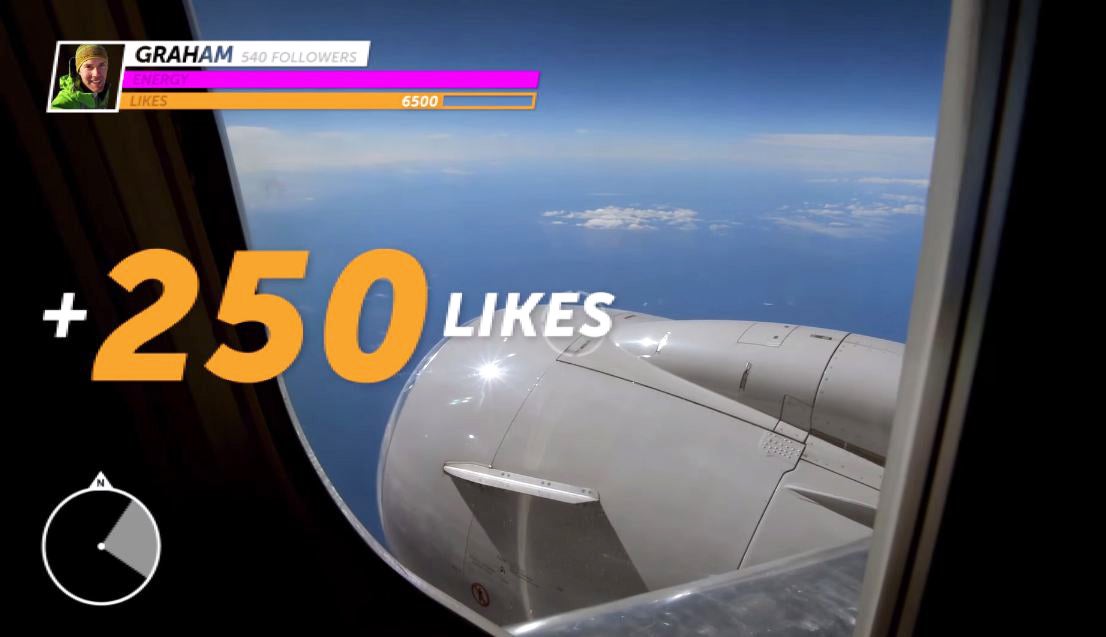Facebook reimagined as a video game is a damning indictment of 21st century life
Photos of urban decay earn bonus points

Your support helps us to tell the story
From reproductive rights to climate change to Big Tech, The Independent is on the ground when the story is developing. Whether it's investigating the financials of Elon Musk's pro-Trump PAC or producing our latest documentary, 'The A Word', which shines a light on the American women fighting for reproductive rights, we know how important it is to parse out the facts from the messaging.
At such a critical moment in US history, we need reporters on the ground. Your donation allows us to keep sending journalists to speak to both sides of the story.
The Independent is trusted by Americans across the entire political spectrum. And unlike many other quality news outlets, we choose not to lock Americans out of our reporting and analysis with paywalls. We believe quality journalism should be available to everyone, paid for by those who can afford it.
Your support makes all the difference.A trailer for fictitious video game Likehunter imagines life as a never-ending series of opportunities to collect Likes and boost followers by passing off calculated photos and statuses as examples of your wild spontaneity, and it's familiarity to Facebook news feeds is a little depressing.
Playable characters such as 'Rad Bro', 'Epic Traveller' and 'Dad Blogger' are seen milking a variety of photo opps to impress friends, from views out of aeroplane windows to cute toddler moments, from quad biking in the desert to plates of tacos.
Bonus points are scored for snapping 'urban decay', while a cat wearing human shoes sends scores off the charts.
Created by Dissolve, the trailer was fittingly made entirely using stock footage, proving just how truly non-unique experiences might be despite how they might look to the Facebook friend or Twitter follower.
The video comes after scientists warned that over-sharing of selfies could be a sign of psychopathic traits.
"We know that self-objectification leads to a lot of terrible things, like depression and eating disorders in women," Professor Jesse Fox said in research published in the journal Personality and Individual Differences.
"With the growing use of social networks, everyone is more concerned with their appearance. That means self-objectification may become a bigger problem for men, as well as for women."
Join our commenting forum
Join thought-provoking conversations, follow other Independent readers and see their replies
0Comments